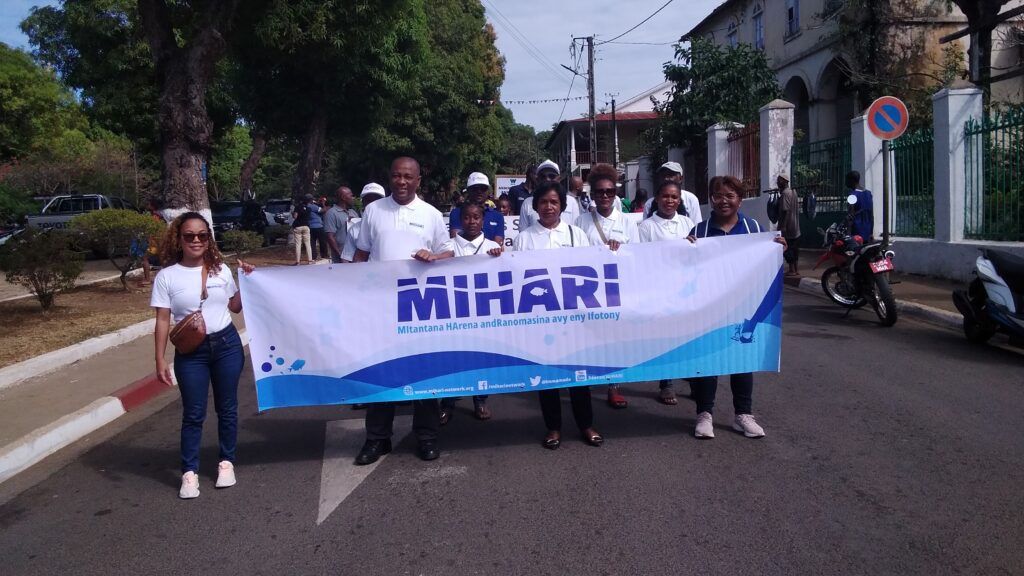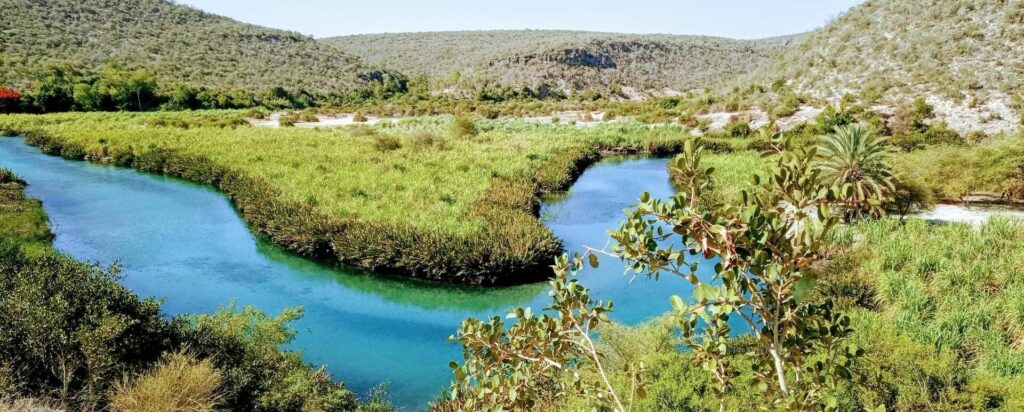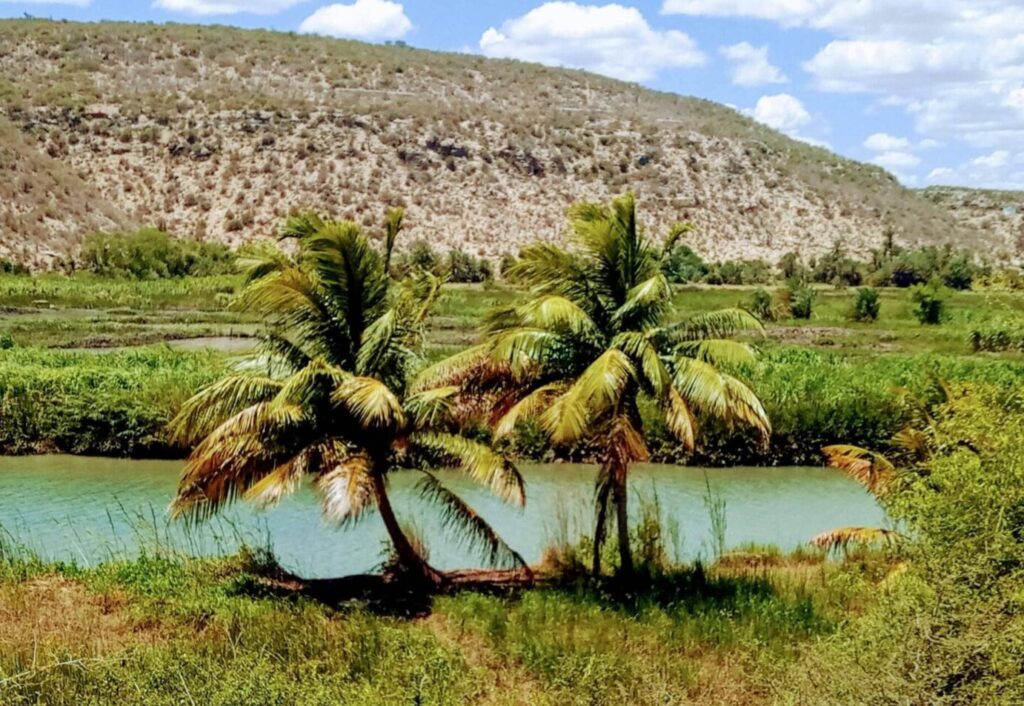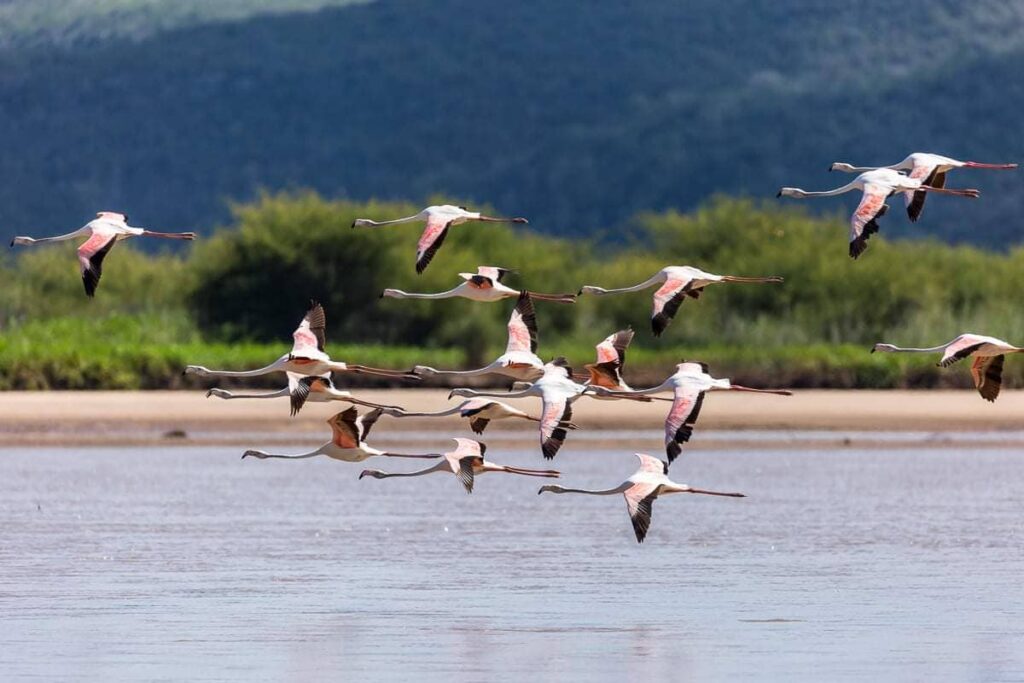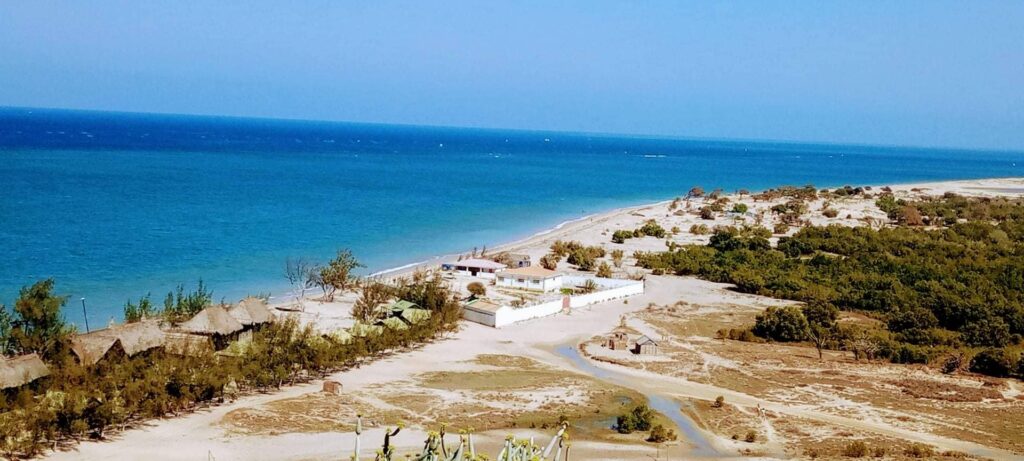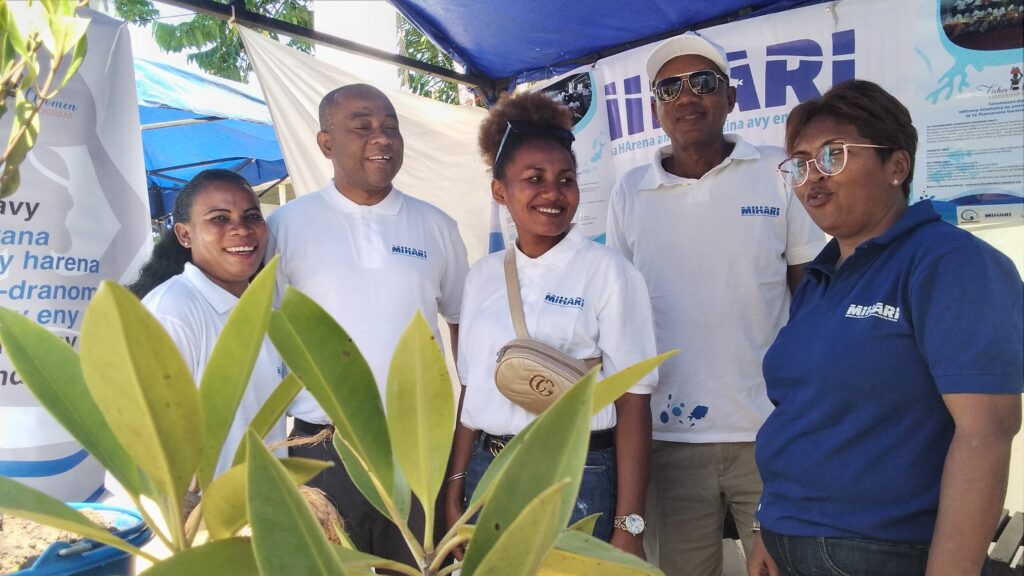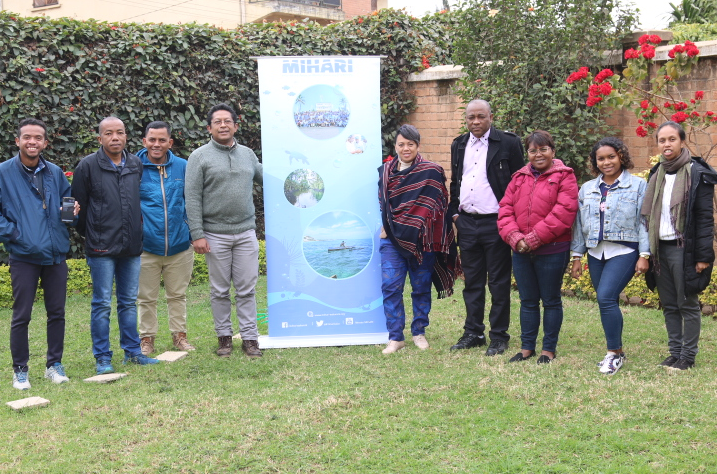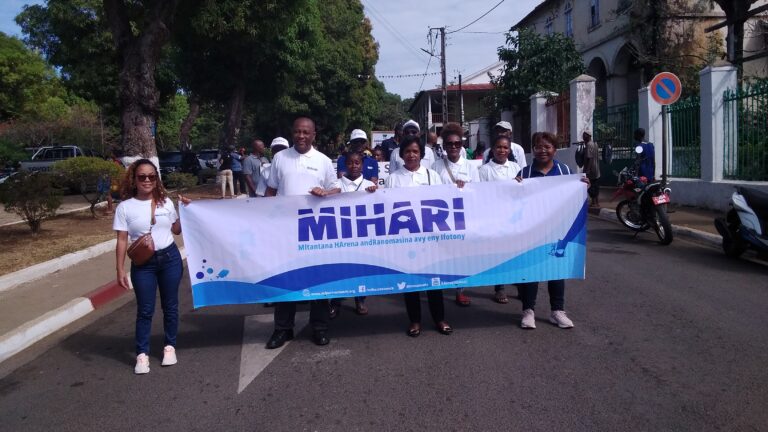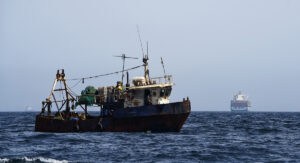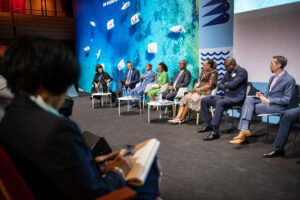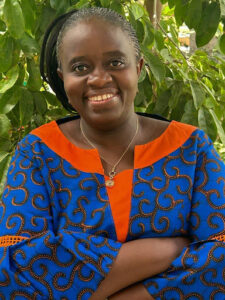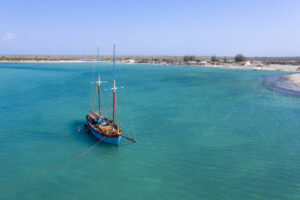This post is also available in French
In 2006, a handful of communities in southwest Madagascar joined forces to create the country’s first locally managed marine area (LMMA), a community-based solution to declining marine biodiversity. One LMMA quickly became several, and in 2012, LMMA communities formed a network to share experiences and knowledge of local management and to advocate for their rights to manage coastal resources. They called the network MIHARI, an acronym for MItantana Harena and Ranomasina avy eny Ifotony, which means ‘local marine resource management’ in Malagasy.
Today, MIHARI represents communities that manage almost 300 LMMAs and 25 supporting organisations. The network has become a fully independent local entity, and Blue Ventures, which incubated MIHARI and provided long-term support, has transitioned to become one of its technical and financial partners.
To celebrate MIHARI’s new decade of independence, we recently sat down with its newly appointed Executive Secretary, Bienvenu Tsivozahy. Bienvenu comes from a family of traditional fishers in southwest Madagascar, speaks most of the country’s dialects, and specialises in organisational development and advocacy.
Blue Ventures: Can you tell us about your history with MIHARI?
Bienvenu TSIVOZAHY: I grew up in a family of small-scale fishers in Saint-Augustin in southwest Madagascar, on the banks of the Mozambique Channel and the large river Onilaye that runs along the Tropic of Capricorn. Our whole life was connected to the sea and the river. From the time I was in school until I graduated, my parents expected me to buy my school supplies with the money I earned from fishing. My heart has been in fishing ever since.
Something incredibly powerful happened in 2017 when representatives of all LMMA communities across the country came together at the MIHARI national forum and decided to focus on getting three key things from the government. First, official recognition of the customary law (dina) they use to manage their coastal resources in a sustainable manner. Secondly, government enforcement of fishing gear regulations to better manage fisheries. And lastly, an exclusive near-shore fishing zone for small-scale fishers. This was a milestone moment that started our fight.
At that time, I was the executive director of Transparency International – Initiative Madagascar, overseeing about 30 advocacy issues. I was quick to offer the MIHARI team help to develop their advocacy strategy. I had all the experience and passion required! I stayed in touch with several LMMA presidents afterwards.
BV: What do you find most impressive about what MIHARI has achieved so far?
BT: LMMA communities live far apart and speak different dialects. MIHARI has enabled them to speak with one voice. The network has made peer-to-peer learning exchanges possible, and for LMMA communities to network with local associations, platforms, social enterprises and NGOs working on sustainable management of marine resources in Madagascar. All of this allowed the network to take off and participate in the national dialogue.
Two years ago, MIHARI’s president publicly denounced the appearance of large industrial fishing vessels far into near-shore areas where traditional small-scale fishing happens, and the lack of transparency in the deployment of fishing fleets in the Mozambique Channel. Many people in my village had told me about these intrusions. But until that point, small-scale fishers had not dared to complain too openly. This time, the press picked up the story, and the government took MIHARI’s denunciation seriously. For the first time, the network really weighed into the public debate. People started to talk more about the other requests from LMMA communities, and also about the Fisheries Transparency Initiative for Madagascar, that the country subsequently joined in 2021.
BV: What drives MIHARI’s work?
BT: The livelihood of Malagasy coastal communities is at stake. There are fewer and fewer fish. For small-scale fishers, there is no doubt that this decline is linked to the destructive practices of illegal, unreported, and unregulated fishing by industrial fishing vessels, and also by climate migrants. The drought is causing farmers to move to the coast and start fishing, but their lack of experience means they might destroy marine habitats and put too much pressure on fish populations.
I know many traditional fishers who are forced to go fishing far afield for two or three months to places where there are more fish, but they know less about the fishing grounds so are more likely to fish less sustainably. Others are tempted to turn to illegal exploitation of mangrove trees for charcoal and wood energy to provide for their families. LMMA communities know about these increased pressures on ecosystems, even in protected areas.
BV: Following extensive consultation with its members and field visits to even the most remote coastal areas, MIHARI has developed its 2026 strategy and vision: to defend the rights of LMMA communities, to strengthen solidarity among members, to promote sustainable economic activities, to conserve and restore marine ecosystems and to build capacity.
BT: I am proud that MIHARI has developed this strategic plan, which was conceived in a concerted and collective manner. Its objectives are both ambitious and achievable. It is also a great tool, like a GPS that will guide our every action.
We have much work to do: Obtain legal recognition of LMMAs, which is essential to legitimise and consolidate community-led sustainable management of marine resources. Encourage the scaling up of community investment and accessible economic activities that do not rely on the extraction of marine and coastal resources. Improve the health of the ecosystems managed by LMMA communities, restoring marine biodiversity and degraded areas. Better connect all LMMA data and develop an open database that will facilitate the adaptive management of LMMAs and the defence of their rights.
These are great challenges, but I have great hopes. Madagascar’s move to join the Fisheries Transparency Initiative has been matched by tangible actions at the state level and much better consultation with civil society members. The MIHARI network should soon cover all coastal regions of the country and gain strength to advocate for LMMA communities’ rights and law enforcement. Also, our Fisherwomen Leadership Programme has given the inclusion of women in LMMA management the necessary momentum.
I have been working with civil society organisations for years to bring much-needed change to combat injustice. I am conscious of the threats facing my family’s livelihoods and all Malagasy small-scale fishers. Today, I could not be happier and more honoured to serve the LMMA community network.

